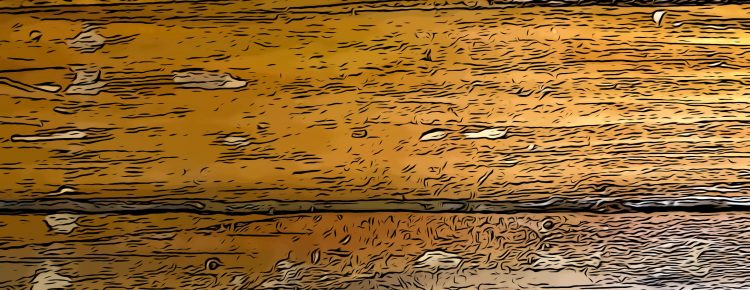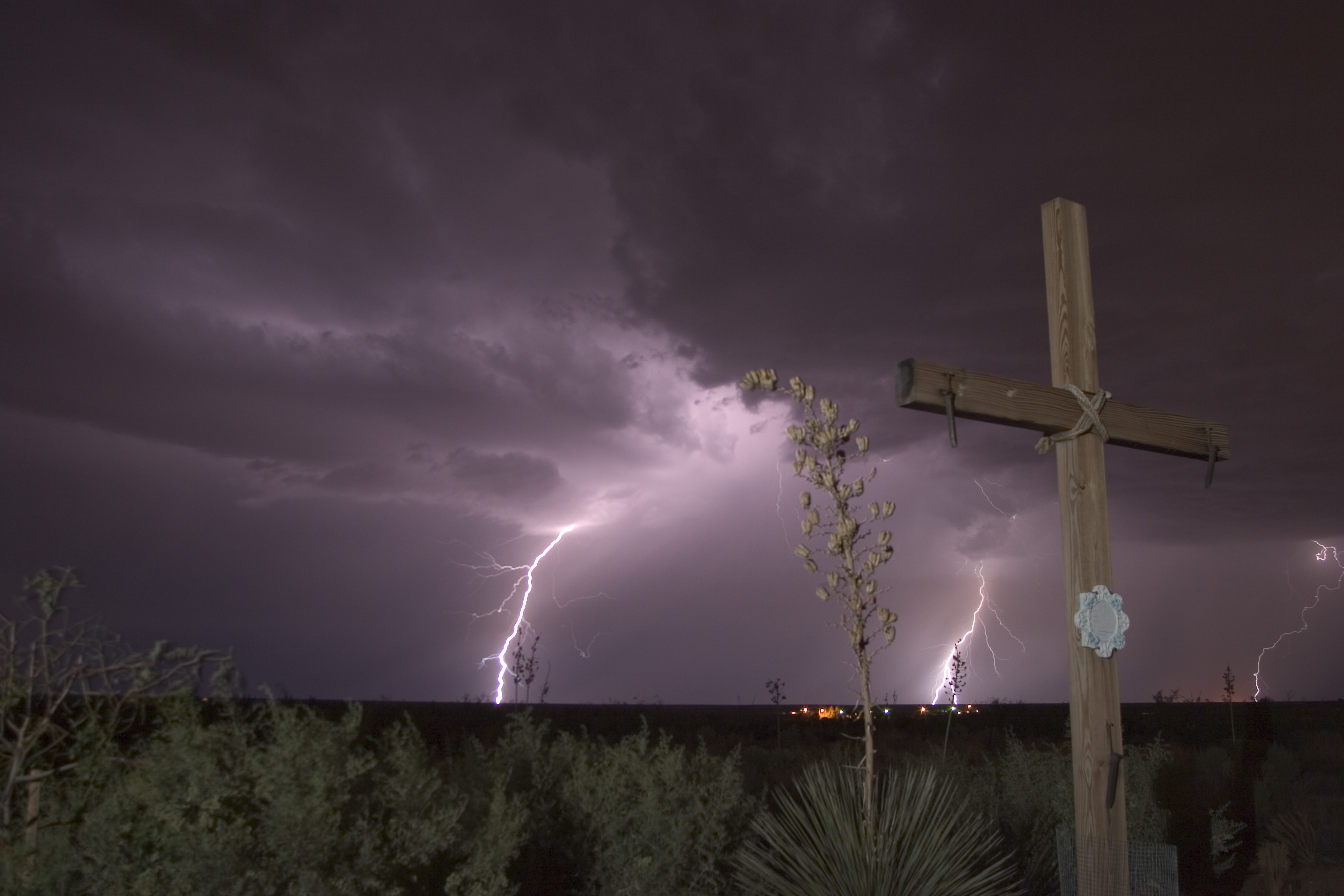Third Sunday of Lent 2024
Gospel Reading: John 2:13-22
Since the Passover of the Jews was near, Jesus went up to Jerusalem. He found in the temple area those who sold oxen, sheep, and doves, as well as the money changers seated there. He made a whip out of cords and drove them all out of the temple area, with the sheep and oxen, and spilled the coins of the money changers and overturned their tables, and to those who sold doves he said, “Take these out of here, and stop making my Father’s house a marketplace.” His disciples recalled the words of Scripture, Zeal for your house will consume me. At this the Jews answered and said to him, “What sign can you show us for doing this?” Jesus answered and said to them, “Destroy this temple and in three days I will raise it up.” The Jews said, “This temple has been under construction for forty-six years, and you will raise it up in three days?” But he was speaking about the temple of his body. Therefore, when he was raised from the dead, his disciples remembered that he had said this, and they came to believe the Scripture and the word Jesus had spoken.
Reflection:
Some Context
Across the four gospel traditions, it seems there are different reasons (and times) for Jesus cleansing the temple. In some, it’s possible he’s angry that the designated place in the Temple for outsiders (Gentiles) to come worship the God of Israel was being crowded out by the selling of sacrificial animals and exchange of “unclean” money for Temple tokens. In John’s narrative, it seems to be more invasive as he seems to be picking up the theme of several prophetic passages from the Jewish scriptures–that is, the ending of the entire sacrificial/Temple system. The new paradigm is the universal, ever-present mystery: death and resurrection of the eternal Christ. This shift to an “Incarnational worldview” in *Sallie McFague’s insight, “does not reduce God to the world nor relegate God to another world; on the contrary, it radicalizes both divine immanence (God is the breath of each and every creature) and divine transcendence (God is the energy empowering the entire universe). The body of God, shaped by the Christic paradigm, is also the cosmic Christ—the loving, compassionate God on the side of those who suffer, especially the vulnerable and excluded. All are included, not only in their liberation and healing, but also in their defeat and despair.”
Flipping Tables
The present-life applications of Jesus flipping tables can be taken into several directions. The prophetic action can be seen as a liberating motion for both individuals and people groups who have been marginalized by organized religion, society, and financial systems. Jesus, in his prophetic ministry was opening up an exclusive religious belonging on the basis of purity codes to everyone. One of the issues the self-appointed religious leaders (the Pharisees, not the Jewish people) had with Jesus is that he refused to “register his messiahship” with them for their approval or rejection (John 10:24). His liberation moves spiritual authority away from organized religion and into the internal authority of believers. The temple is now his body, and his body is universal. How many times have we made choices in our lives that seemed to be the “right thing” because of expectations placed on us from authority sources: religion, society, family, etc.? We may have checked the box, but the table got flipped by life’s circumstances: divorce, health crises, financial failure, etc. These are all painful and even traumatic experiences, but the prophetic action of Jesus is still at work today to bring liberation to oppression of all sorts.
At other times, when the tables of our lives get turned over, it can be an invitation to make a serious change. At different points in our lives, we find that we have been angling and manipulating our way to have a place at tables devoted to promoting and establishing ourselves religiously, socially, politically, and economically. Again, these efforts may look on the surface to be the right thing to do, but essentially they are counter to the way of Jesus was calls us to humility, simplicity, and authenticity. A good prayer accredited to Steven Price for this would be: “Father forgive me for the times I desired a seat at a table you would’ve flipped.”
An Ever-Widening Circle
And so we fail forward until we’re captured with a life-changing vision of being embraced and enfolded into the Beloved where there are no outsiders and no one is excluded. We start with what we have: bread and wine. *Richard Rohr, in his book, The Cosmic Christ, writes: “Bread and the wine together are stand-ins for the very elements of the universe, which also enjoy and communicate the incarnate presence. Authentically Eucharistic Christians should have been the first to recognize the corporate, universal, and physical nature of the “Christification” of matter. Unfortunately, too often the bread and wine are largely understood as an exclusive presence, when in fact their full function is to communicate a truly inclusive—and always shocking—presence. A true believer is eating what he or she is afraid to see and afraid to accept: The whole universe is the body of God, both in its essence and in its suffering.”
*Sallie McFague, The Body of God: An Ecological Theology (1993), 150, 179.
*Richard Rohr, The Universal Christ: How a Forgotten Reality Can Change Everything We See, Hope For, and Believe , 134.
Prayer:
Inspired by John 6:68: “Peter said: ‘Lord, where can we go? You alone have the words of eternal life.'”
LORD, You are the Eternal Word…speak Yourself into the silence of my soul (David Morrison)
For further reflection:
*



